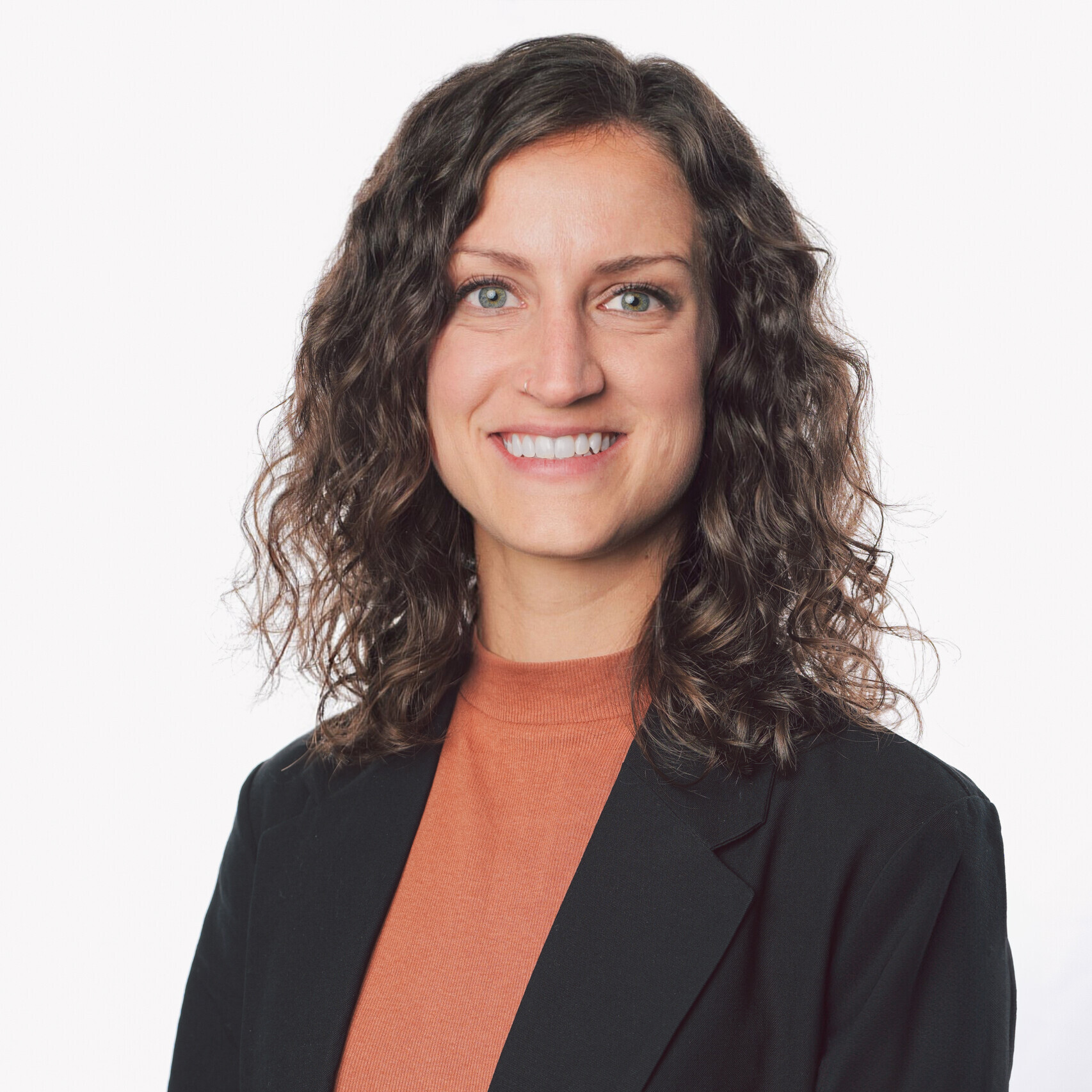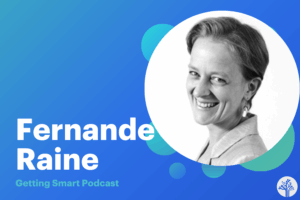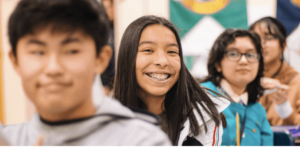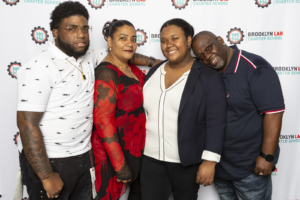“If They Would Just Listen”: What Students Are Teaching Us About Belonging and Voice
Key Points
-
Youth-led projects like LiberatED, Social Optics, and The Transition Academy emphasize the importance of listening to students as changemakers.
-
Students thrive when their voices are centered, accommodations are respected, and learning environments are intentionally inclusive and supportive.

The Educating All Learners Alliance’s 2024 Community of Action event funded two innovative projects aimed at improving educational outcomes for students with disabilities. At the end of a 36 hour community of action sprint, each group pitched ideas to fellow attendees, who then collectively selected two projects to fund through participatory grantmaking. One of the projects that received funding was the Youth Action Project which aimed to amplify student voice and agency. Social Optics, the Transition Academy, and LiberatED piloted student-led participatory projects that encouraged young people to identify a problem in their school or community related to their experiences as Disabled and Neurodivergent youth, as well as a solution, and received funding to kickstart their projects.
The Youth Action Project team included Lani Willmar (Ethos Admissions), Carolyn Long (Social Optics), Dena Simmons and Aileen Mokuria (LiberatED), Marissa Wicklund (Getting Smart), Ivelina Benitez and Ana Laura Evancic (IYF), and Shelly Coulter (The Transition Academy).
Responding is not what people need. They might just need someone to sit down, listen, and understand.
Student, LiberatED Project
Across three powerful student-led initiatives—LiberatED, Social Optics, and The Transition Academy—young people shared stories that were strikingly consistent in message and tone: We know what we need. Will you listen?
What emerged wasn’t a checklist of new programs or buzzwords. It was a call to reframe how we see students—not as passive recipients of education, but as full human beings with agency, insight, and a deep desire to belong.
Student Voice Isn’t a Bonus—It’s the Starting Point
Whether they were navigating special education systems or redesigning social-emotional learning through project-based learning experiences, students made one thing clear: voice and choice make or break their learning experience.
In the project facilitated by LiberatED, students shared their frustration that accommodations—legally documented supports—were often ignored or removed based on adult assumptions. One student said simply, “They took it [accommodations] away from me when I most needed it.”
In Social Optics, three middle schoolers reflected on a student-designed SEL project. “My ideas were heard,” one said. Another linked their learning directly to connection: “It’s about getting friends while you play the games.” Even small moments of social inclusion had a lasting impact.
In The Transition Academy, which focused on workforce preparation, students were coached in self-advocacy and received individualized support in job prep and scholarship access—affirming that their futures were worth investing in, on their terms.
Students across all three projects described what it feels like when adults build spaces where they can show up as themselves. One shared that their favorite teacher “genuinely wanted to know what was going on” when they had a rough morning. Another said being part of a decision-making group at school “made me feel heard.”
When Systems Fail to Support, Students Feel It
LiberatED youth made visible the cracks in how accommodations are provided—and how deeply those cracks affect students’ sense of worth and ability. When accommodations are inconsistently applied, or when learning differences are dismissed because they don’t “look severe enough,” students internalize the message that their needs are inconvenient. One student expressed, “Because in my 504, I have that I need extra time, but half the time they don’t provide that… they said that I don’t really need it as much.”
In under-resourced schools, students often lacked even the basic tools or adult attention needed to succeed. As one student noted, in regards to the sole dyslexia specialist in their building:
“Sometimes I can’t find her when I need to… they overwork her a lot.”
Students Are Full of Solutions
Every student interviewed—regardless of age, background, or context—offered actionable suggestions for making learning better. More flexibility. More check-ins. Earlier starts. Smaller groups. Respect for different ways of learning.
In short, they didn’t just reflect—they redesigned.
One student in LiberatED suggested that every subject allow for a self-chosen project. Another explained how social dynamics in school could shift if adults fostered community instead of competition.
And yet, as one student put it bluntly: “Absolutely not”—when asked if anyone had ever asked for his opinion on how school works.
What Happens When We Listen?
In an interview, when asked “What would you tell another student with anxiety or an IEP who wants to follow a creative path like yours?” one student in The Transition Academy program responded, “Don’t let anything stop you. Use the tools that help you—like breaks, visuals, earplugs—whatever keeps you grounded. Your creativity is your gift. Start small, keep practicing, and surround yourself with people who believe in you.”
Projects like these show us the answer. When students are given space to speak—and when we act on what they say—schools become more inclusive, connected, and empowering. Students build confidence. They advocate for themselves. They support one another.
And maybe most importantly, they remind us of what school is really for.
“Support them, even if they’re not diagnosed.”
— Student, LiberatED
“If this helps me make friends, then it will be really worth it.”
— Student, Social Optics
“I’m learning how to tell my story—and help others tell theirs, too.”
— Student, The Transition Academy
What if we designed learning environments around the voices of the young people they serve? What if students weren’t invited into decisions after they’re made—but from the start? These youth action projects give us direction.
Start with curiosity.
Lead with trust.
And most of all—listen.








0 Comments
Leave a Comment
Your email address will not be published. All fields are required.